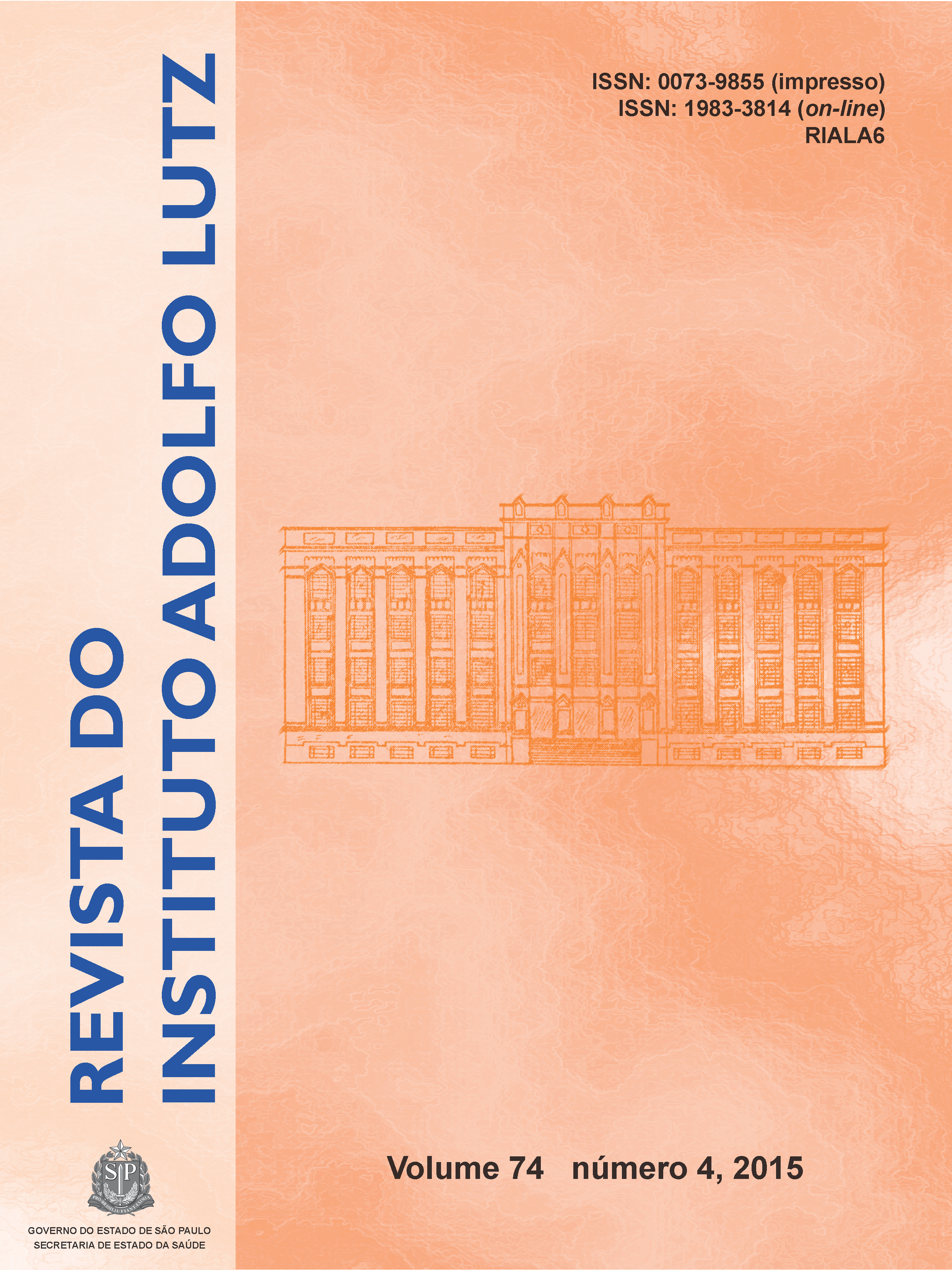Evaluation of the agreement between Swiss Webster and B6D2F1 mice lineages in the potency test of Recombinant Human Erythropoietin (rhEPO): the Brazilian National Control Laboratory experience
Keywords:
recombinant human erythropoietin, biologicals, sanitary surveillance, agreement, Swiss Webster, B6D2F1
Abstract
The recombinant human erythropoietin (rhEPO) is a glycoprotein hormone. In face of the broad range of rhEPO-containing products in the market, the scope of their therapeutic indication and the characteristics of the rhEPO users, the biological activity testing is of high relevance for their batches releasing process. The potency testing is a laboratory evaluation for assessing the effectiveness of the final product, recommended by the European Pharmacopoeia (Ph. Eur.). This paper aimed at evaluating the agreement between the biological activity results obtained when the strain of mice-B6D2F1, recommended by Ph. Eur., was used in comparison to the Swiss Webster (SW). Twenty-two batches were assayed using these two mice strains, and a total of 44 valid assays were obtained with satisfactory results. In none of these analyses, neither repeating assays nor results combination were needed. The inter-strains variation and the accuracy were evaluated, and the following results were detected: Coefficient of Variation (VC) < 10 % and Relative Error % (RE) < 10 %, respectively. The tested lineage provided homogeneous results, and no statistically significant difference between them was found. The SW strain might be used as an alternative in place of B6D2F1 for performing the biological potency evaluation of rhEPO.
Published
2016-08-26
How to Cite
Nascimento, M. C. do, Abreu, C. L. do C., Costa, R. N., Moura, W. C. de, & Delgado, I. F. (2016). Evaluation of the agreement between Swiss Webster and B6D2F1 mice lineages in the potency test of Recombinant Human Erythropoietin (rhEPO): the Brazilian National Control Laboratory experience. Revista Do Instituto Adolfo Lutz, 74(4), 337-346. Retrieved from https://periodicoshomolog.saude.sp.gov.br/index.php/RIAL/article/view/33487
Issue
Section
ORIGINAL ARTICLE










